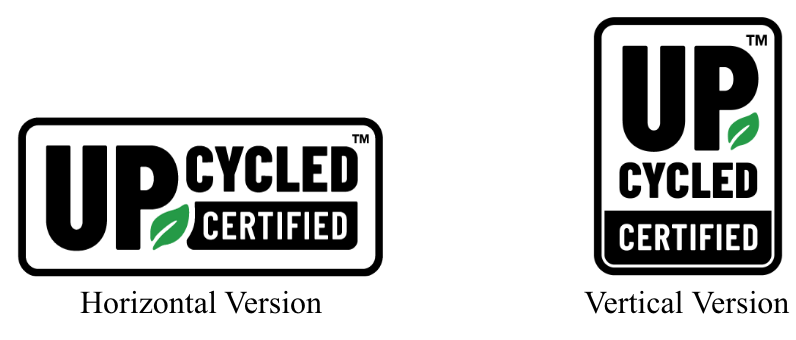A press release on the topic cites Project Drawdown as stating that eliminating food waste is the single most effective act people can take to reduce greenhouse gas emissions. The release also cites a 2021 study published inFood and Nutrition Sciencesshowing that 80% of consumers, once educated about upcycled foods, say they would seek out upcycled food purchases. However, only 10% of consumers are familiar with upcycled food products. Therefore, a major goal of the seal is to dramatically expand awareness about upcycled food.
“Food waste accounts for six percent of all human-caused greenhouse gases,” said UFA Co-founder and CEO Turner Wyatt. “Mitigating it counts as the single-most productive thing people can do to dial-back climate change. In addition, businesses around the world lose $1 trillion a year to food waste. This seal and the certification program backing it will simultaneously help solve the food-waste problem while saving businesses money. It also nurtures the creation of new businesses revolving around upcycled foods. Everybody wins.”
In 2019, Future Market Insights estimated the value of the upcycled food industry at $46 billion, with a predicted 5% CAGR. UFA hopes to double the growth rate, through a consumer education campaign about the seal and food waste. The hoped-for growth rate could prevent more than 8.8 billion pounds of food waste and 28 billion pounds of CO2 emissions by 2030.
Related: Upcycling: Working to elevate food to its highest value and best use 2020 Year in Review Part 3: Calls to Action: Elevate 2021 Upcycling Project Matches Company Waste with Buyers
The UFA worked with Modern Species to craft the seal—as both organizations are members of 1% for the Planet, Modern Species used its annual contribution to the fund to donate its seal-crafting services to the UFA. Drexel University and design and development firm Mattson contributed consumer research surrounding the creation of the seal, determining how consumers would react to it and whether the seal would increase purchases—Mattson’s research showed that more than 50% of consumers had increased intent to buy Upcycled Certified foods when the mark was on packaging.The Upcycled Certification Standard itself offers a rigorous set of rules establishing definitions for upcycled ingredients and products, protocols for incorporating them into products, and the ability for certified companies to use the seal on products. It was developed after more than a year of collaboration between multiple stakeholders.
“If the UFA is the landmark of the upcycled food movement, we intend this new logo to be our flag,” said Dan Kurzrock, Co-founder and Executive Board Officer of UFA and the Upcycled Food Association. “We can’t wait for certified products and ingredients around the world to fly it at full mast soon.”
Open enrollment to apply for certification is slated to begin in June 2021.










